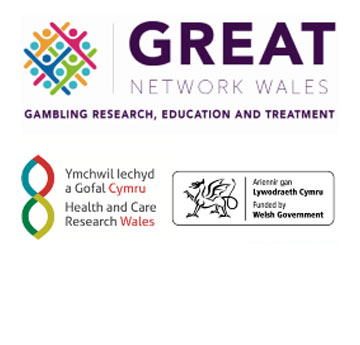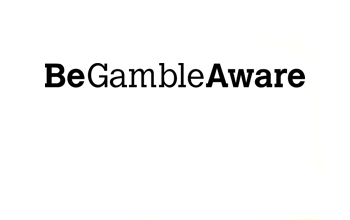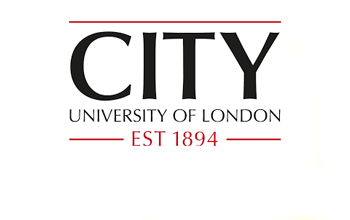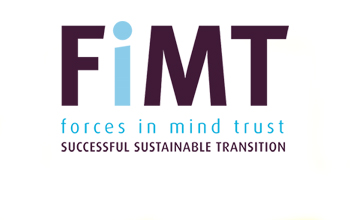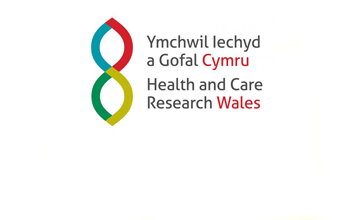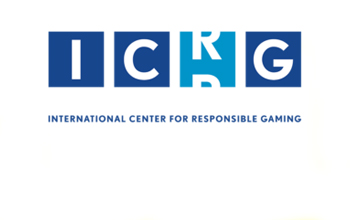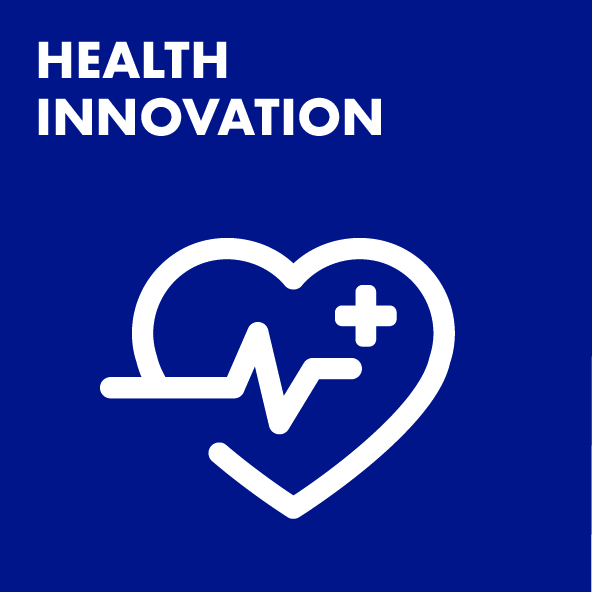"We are delighted to be working in partnership with Professor Dymond and Swansea University in a series of projects aimed at understanding the impact of problem gambling within the military community. To date there has been a gap in our knowledge around these issues and the work being conducted is helping to plug this gap, whilst also translating findings to develop new interventions to help address problem gambling."
Professor Dominic Murphy, Head of Research, President UK Psychological Trauma Society
“The Forces in Mind Trust is proud to have been able to grant two research awards to the University of Swansea for studies entitled, “Gambling behaviour among post-national service veterans: Preliminary: evidence from the 2007 Adult Psychiatric Morbidity Survey, England”, and “Gambling participation, financial management, and healthcare costs”. The results highlighted the high prevalence of gambling problems among a sample of UK veterans and showed that more needs to be done to help veterans seek and obtain support for their problem gambling. The findings also identified which specific groups of veterans are more vulnerable to developing problem gambling, resulting in a recommendation to MoD to implement routine screening and targeted support to benefit this group. This is exactly the kind of work FiMT relies upon to help inform our key stakeholders, from the MoD and the Office for Veteran Affairs to service providers, and policy makers in the House of Lords and House of Commons.”
Kirsteen Waller, Health Programme Manager – Forces in Mind Trust
“We were pleased to work with Swansea University on an important piece of research exploring gambling and wellbeing in the RAF. This was the first, and largest, study of its kind to determine the frequency and severity of gambling problems in the UK armed forces community. It has provided us with evidence which had not previously existed, and has led to important insights which have served to increase awareness, including running a campaign with the RAF”.
Alison Wyman, Royal Air Force




